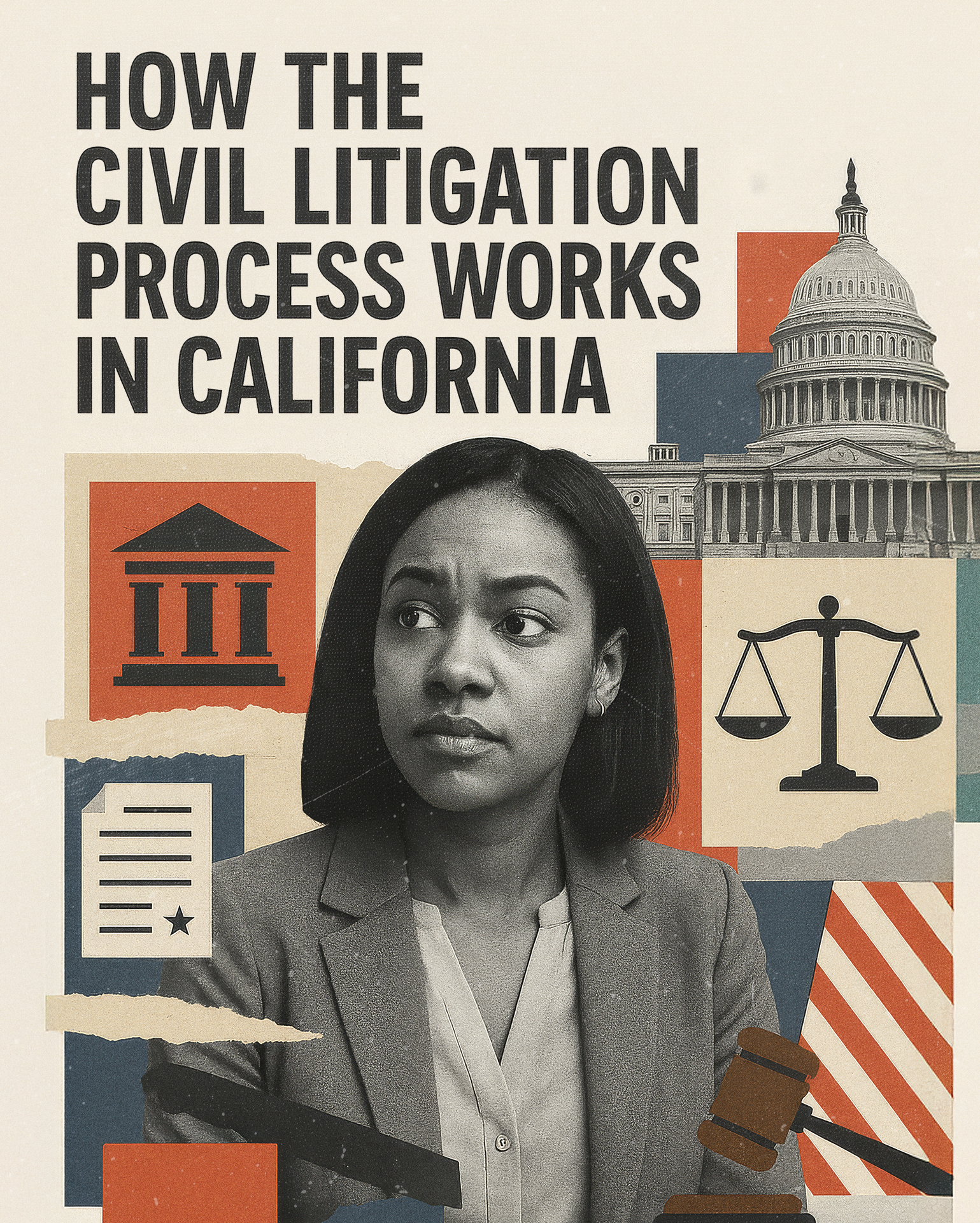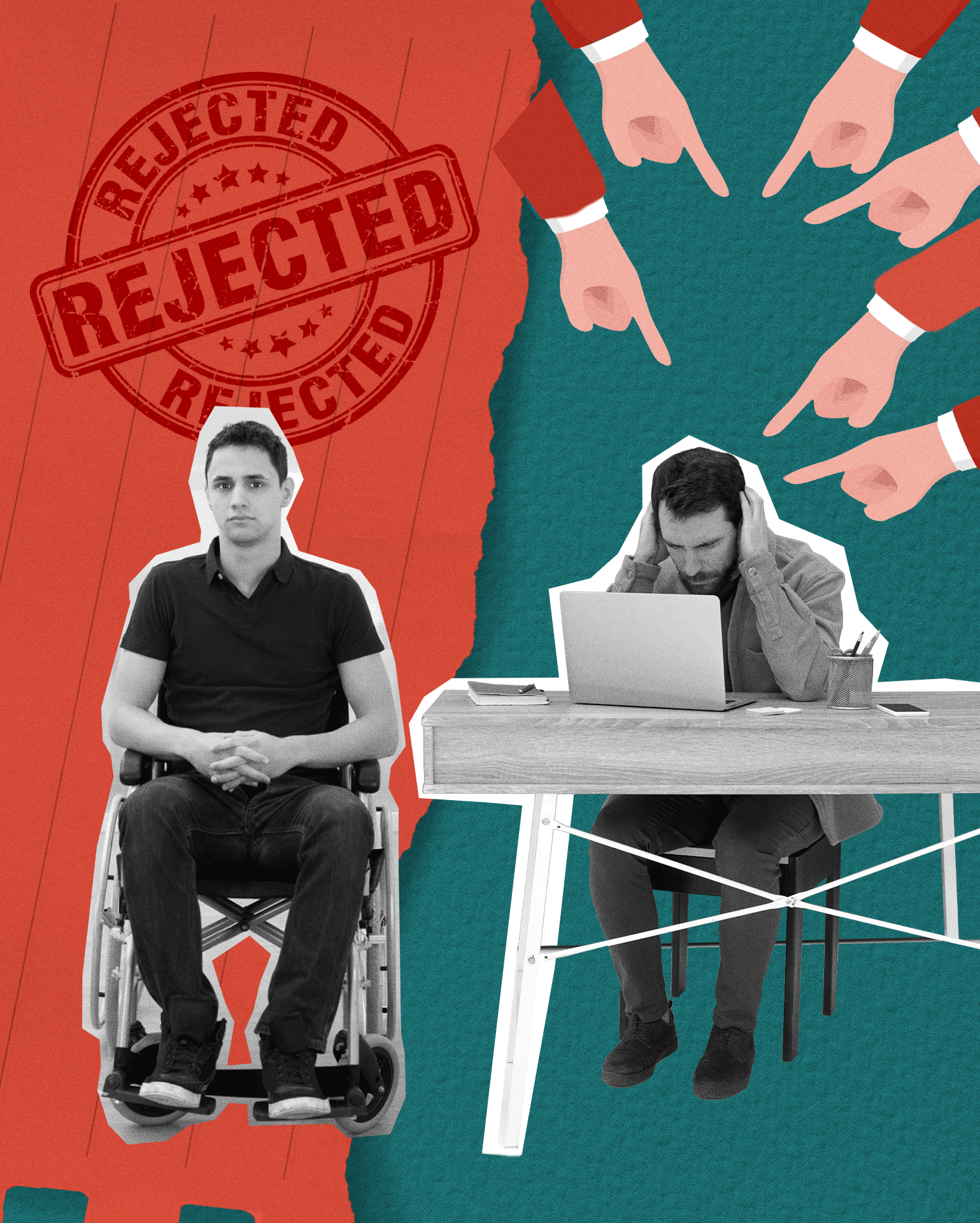New Restrictions to the “Silence No More Act”


Senate Bill 331 went into effect on January 1, 2022. Nicknamed “Silent No More,” SB 331 lifts some legal restrictions put in place by non-disclosure agreements (NDAs) where they apply to discrimination and harassment. The new law removes the power of NDAs, so employees can freely disclose facts pertaining to racism, sexual harassment, and retaliation by employers. In addition, SB 331 removes the broad nature of non-disclosure statements and makes it necessary for NDAs to be specific in what they cover.
SB 331 – Silent No More
The goal and motivation behind SB 331 are to free workers in California from remaining silent when they witness, are exposed to, or experience discrimination or harassment.
SB 331 is not a one-off change to employment law. Instead, it is another legal strategy that builds on the laws pertaining to non-disclosure agreements. In 2018, the Stand Together Against Non-Disclosures or STAND Act prevents legal cases from being settled without the entire disclosure of facts that pertain to discrimination – sexual, racial, and other forms of workplace discrimination. In addition, the STAND Act removes a legal tool that companies could use to expose discriminatory information.
SB 331 takes the legal limits of the STAND Act and removes much of the power of an NDA which was to keep harassment and discrimination within companies secret.
What Does SB 331 Mean for California Workers?
First, it is a big step forward to protect California workers from various forms of workplace discrimination and harassment. Perpetrators who sexually harass workers or classes of workers have fewer places to hide those actions. Perpetrators who are racially biased and build policies that discriminate racially have fewer places to hide.
SB 331 also removes obstacles that help to intimidate other workers from substantiating those actions. For example, a company can no longer say that under the power of the NDA you signed, you are not permitted to speak out on this matter.
NDA and their Powers
NDA’s have lost a lot of the broadness of their power under SB 331. Yet, they still have power. What they can do is what they were intended to do, which is to protect a company’s intellectual property. Under SB 331, NDA’s will lawfully require employees keep data and information safe so long as the safeguard is spelled out in the NDA and so long as that protection is not a tool to coverup racial, sexual, or other forms of harassment, including retaliation for reporting workplace harassment.
If you feel you have been exposed to or been the target of workplace harassment or discrimination, reach out to our team of employment law experts at Davtyan Law. We are available to answer your questions and help you understand your rights under the current California Labor Law. Feel free to send a message or call us today at (818) 275-5799.

Ready to get started?
Contact us now for a free consultation to find out how we can help you.






















